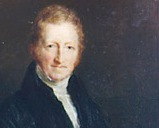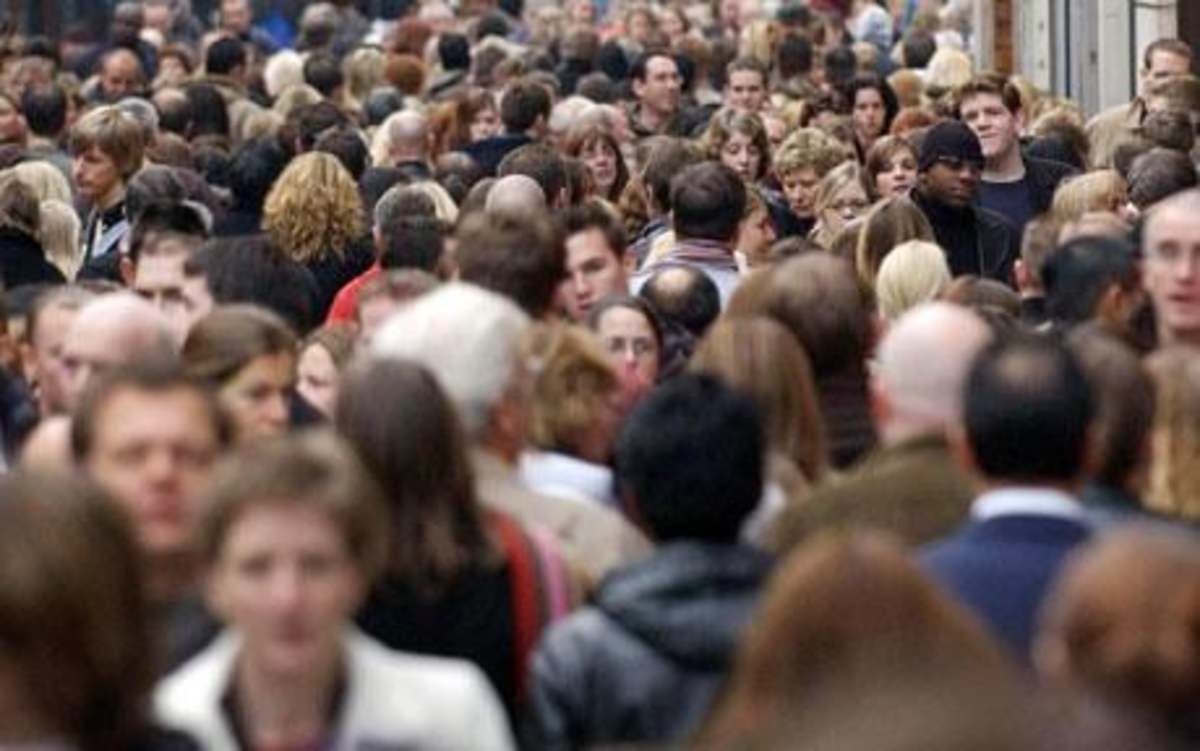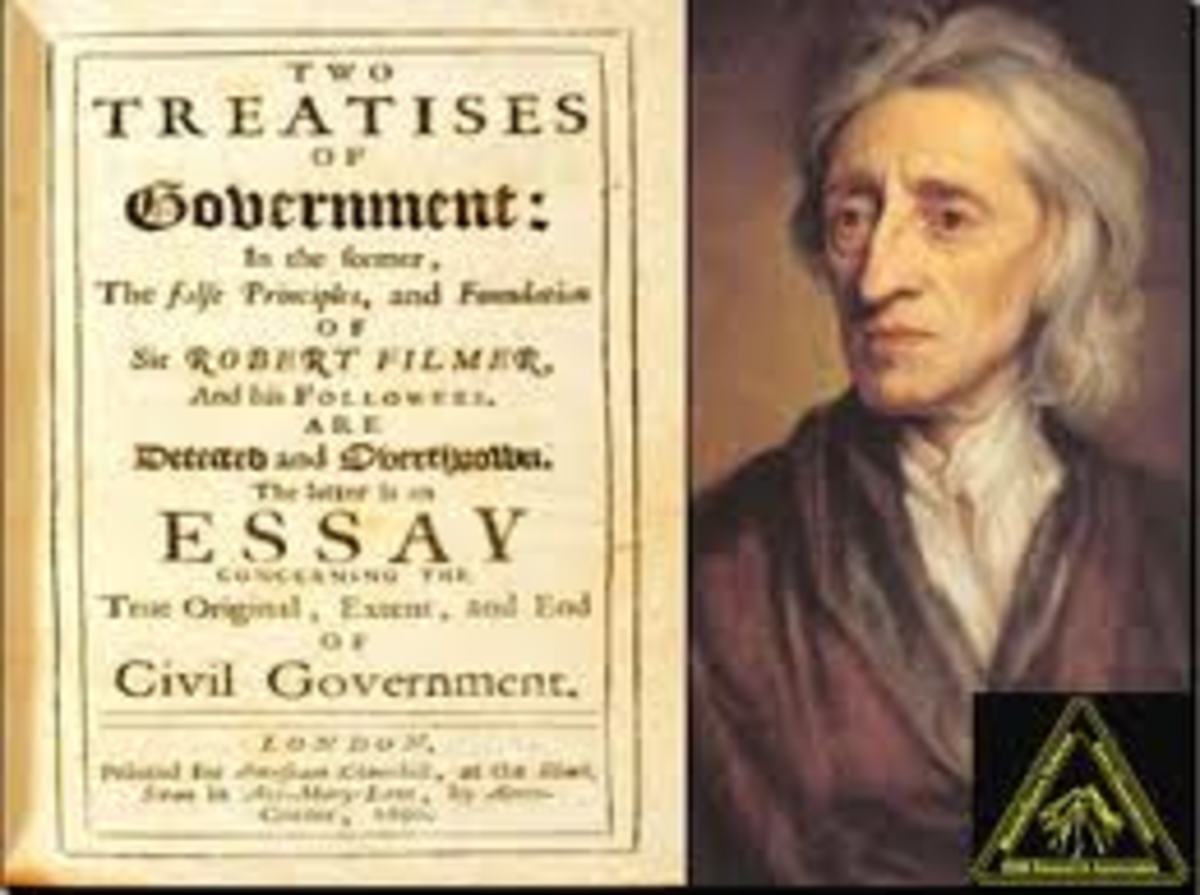The Malthusian Population Theory and Criticisms

Reverend Thomas R. Malthus was born in England in 1766. Throughout his later years of life, he was an enigmatic sociologist. One of his most popular topics is the theory on the growth and resources of the human population. This theory is known as the Malthusian Population Theory.
Rev. Thomas Malthus was of the view that the world's population was growing more rapidly than its food supple. He argues that the population increases geometrically (2, 4, 8, 16), but food supplies grow only arithmetically (2, 3, 4, 5). Eventually the growth of the population must slow down or it will be stopped.
Malthus stated that if this growth trend were allowed to continue, it would lead to widespread misery for the majority of the people. Malthus' recommendation for slowing the population growth he called preventive checks
What is birth rate?
Birth rate, also known as the crude birth rate, refers to the number of living babies born to every 1000 people in a population at a given time.
Crude birth rate is calculated by dividing the number of live births times one thousand people by the total population
(no. of live births x 1000) / the total population
Preventive Checks
Thomas Malthus described preventive checks as methods that peopleconsciously use to slow down the rapid growth of the population. He meant preventative checks to include late marriages, sexual restraint, celibacy, and spacing children further apart. All of which are meant to reduce birth rates. He denounced artificial means of birth control in marriages. He argued that by postponing marriages, couples could, and must take responsibility for the number of children they have.
This idea of his was aimed only at the rich as he thought poor people did not have the capacity to exercise sexual restraint. They would continue to procreate and the population would continue to increase rapidly and deplete the resources. Because of this, he was against poor laws, which gave the poor access to welfare benefits and, in his opinion, kept them poor. In order to eradicate poverty, he suggested jobs be created for them, and increase food production and educational opportunities
Positive Checks
If preventive checks were not observed, then the rapid growth of the population would be stopped by nature. Its tools would be what Malthus called positive checks. He claimed that the population would experience premature deaths. War, for example, would be an able tool for depopulation. Moreover, if war and other human devices are unsuccessful, epidemics, plagues, natural disasters, famines, and other pestilence will "with one mighty blow, level the population" (Malthus, 1798).
You can read the works of Malthus for more information
Simply put, Malthus figured the population was growing so rapidly that people would soon run out of food. In order to prevent this he recommended that preventive checks be put in place and practiced. Which means people should consciously reduce the number of children being born. If this fails, the growth of the population will be halted by nature (positive checks) by means of famines and diseases.
Criticisms
There have been many critics of Malthus who strongly disagree with his theory. Carl Marx for example, saw nothing wrong with the use of birth control and thought the problems would not arise due to population numbers, but due to the disorganization of the population. He stated that the problems stemmed from a capitalist system that oppresses the people.
Malthus failed to realize the possibilities of inventions, practices, and technological trends that help to monitor and improve the population's food supply (mass production).
There is also the issue of his refusal to accept birth control and the positive effects it could have on the growth of the population. Birth control is widely used and encouraged today for various reasons. Yes, it does help to slow down the growth of the population, but it also helps to prevent infections and diseases.
Poverty is a worldwide issue. While welfare is helpful, it is temporary and reflects negatively on the country's economy. If poor people are given the opportunity to better themselves through job placement and education, this will be beneficial to both the population and the economy. This is because they will be able to growth of many sectors.
With the growth of the technological and medical fields, there are decreased numbers of deaths from epidemics and sickly seasons.
What are your views on this theory? Do you agree with what Rev. Malthus has said? Or do you have a different opinion on the topic?






